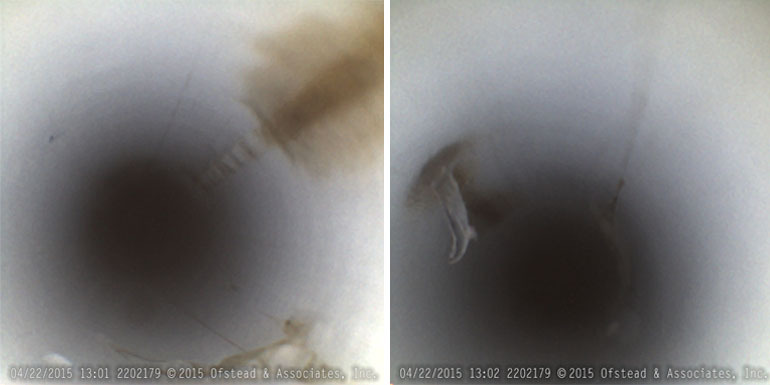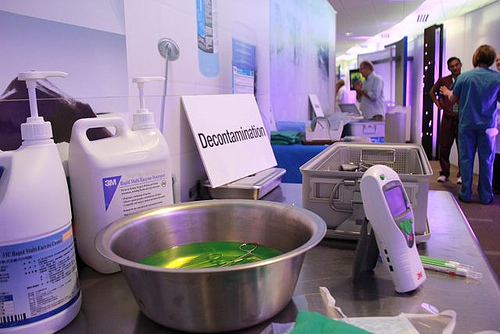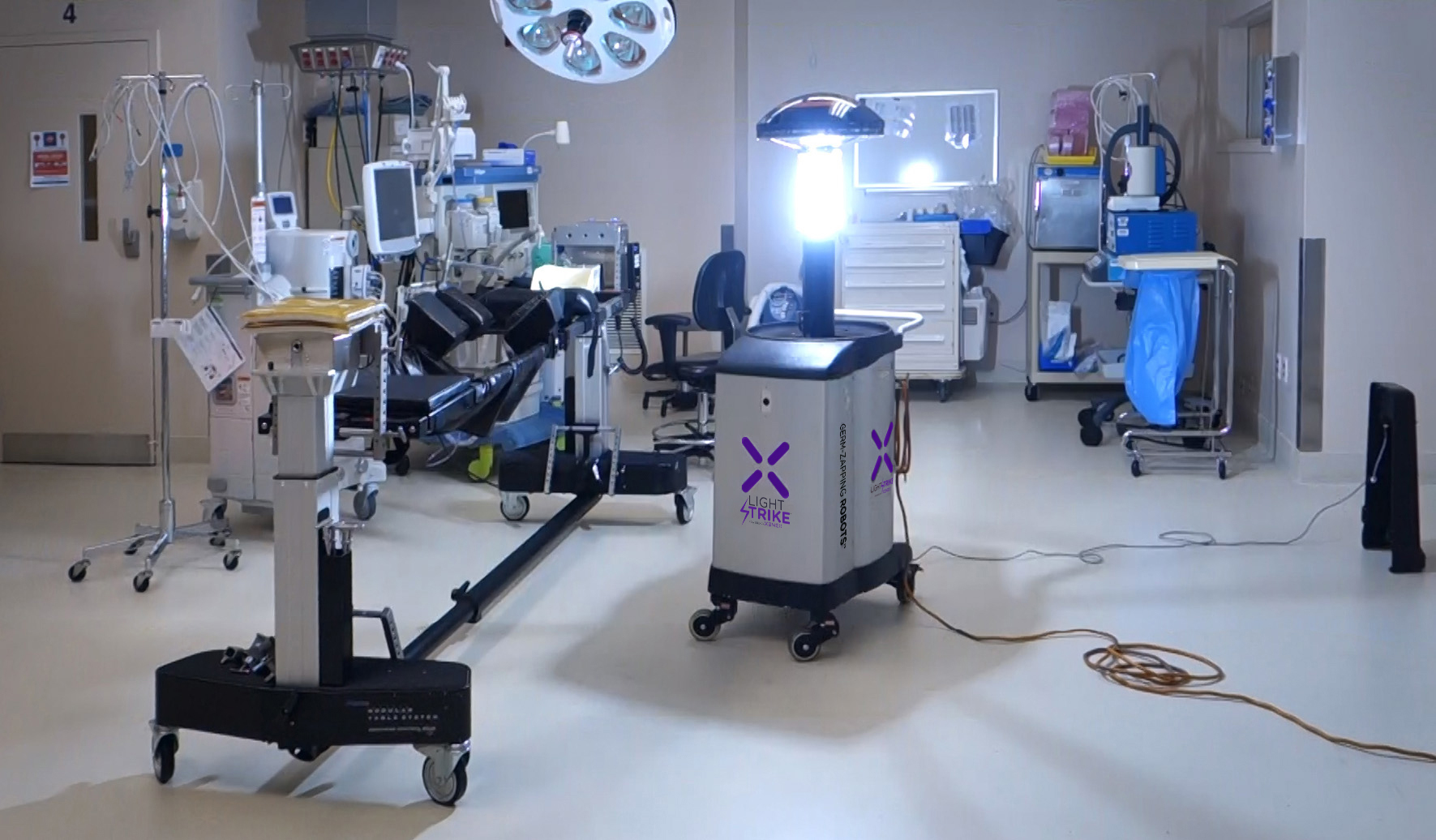
CMS data: Nearly 26,000 Covid-19 deaths reported in nursing homes
After finding that nearly 26,000 Covid-19 deaths have taken place in nursing homes, CMS is ratcheting up penalties for noncompliance with infection control.

After finding that nearly 26,000 Covid-19 deaths have taken place in nursing homes, CMS is ratcheting up penalties for noncompliance with infection control.

Since 2015, federal prosecutors, lawmakers and government regulators have been investigating a series of outbreaks of antibiotic-resistant “superbugs” across the country tied to scopes.

Closing cancer health equity gaps require medical breakthroughs made possible by new funding approaches.

CMS is cracking down on hospital-acquired infections, starting with MRSA and C. difficile.

The study found an increase in hand hygiene compliance of 25.5 percent, a decrease in hospital-acquired MRSA of 42 percent and reduction in costs of $434,000.

San Antonio-based Xenex Disinfection Services produces the germ-zapping robots, which emanate pulsed UV light in high doses.

The newly formed Electronic Hand Hygiene Compliance Organization, or EHCO, plans on lobbying CMS, private payers, the Joint Commission and patient safety organizations.

The nation's largest private-sector healthcare system cited 2003 CDC guidelines on infection control in making its decision to stop buying interior products with antimicrobial agents.

Just because alarm fatigue slipped from the top spot in ECRI Institute's annual list of top 10 health technology hazards doesn't mean it's no longer a problem in hospitals.

This week, Consumer Reports called out "12 hospitals you might want to avoid," and named names.

Dirty hands and surfaces aren’t the only places loaded with bacteria in hospitals. According to Dr. David Kirschman, healthcare settings are teeming with airborne pathogens that could cause infection, but surprisingly little is being done about it. Last year, Kirschman, a neurosurgeon in Dayton, Ohio, started Aerobiotix to build devices that use UV light to […]

Hospitals struggle to get doctors and nurses to wash their hands. That’s a serious problem, since hand washing is one of the keys to reducing healthcare acquired infections that afflict more than a million patients a year and kill over 100,000. And it’s one of the reasons you should try your best to stay out […]

When Brian Grimberg and a team at Case Western Reserve University began working on their Rapid Assessment of Malaria (RAM) device nearly four years ago, it was the size of a kitchen table. Today, the functional prototype is a handheld device that the team thinks can diagnose the tropical disease more quickly, simply and affordably. […]

The tropical disease dengue fever isn’t something we hear or worry about much in the U.S. So when virologists at the Centers for Disease Control and Prevention recently published study findings that a rare 2010 dengue outbreak in Florida came not from abroad but from a unique, local strain of the virus that’s evolved its […]

It’s the most basic of principles, really, to keep your hands clean to prevent the spread of infections. But it’s something the healthcare industry has struggled with, despite the notion that hand hygiene is commonly associated with preventing healthcare-associated infections. One study pegged the compliance rate for hand hygiene in U.S. healthcare facilities at less […]

Seven health care institutions participated in a quality-improvement project advanced by the Joint Commission and the American College of Surgeons to reduce colorectal surgical-site infection rates. During a two and a half year period, those facilitie...